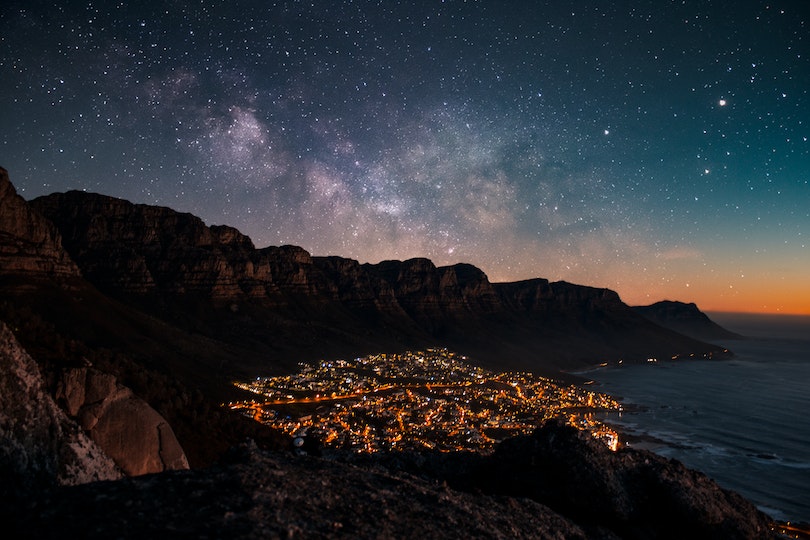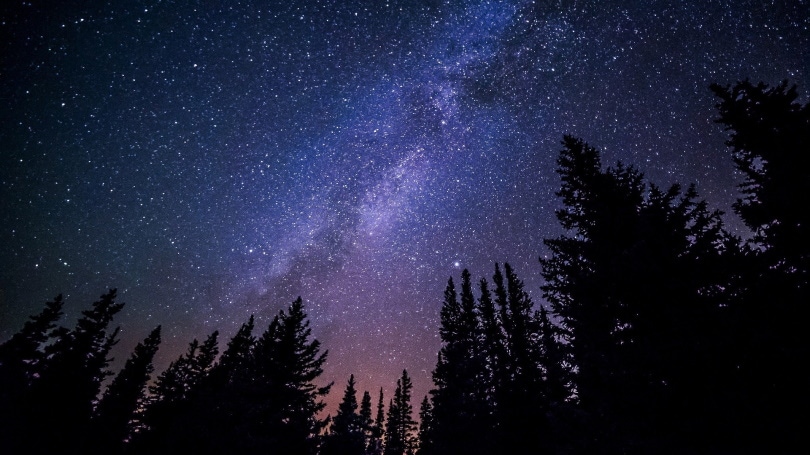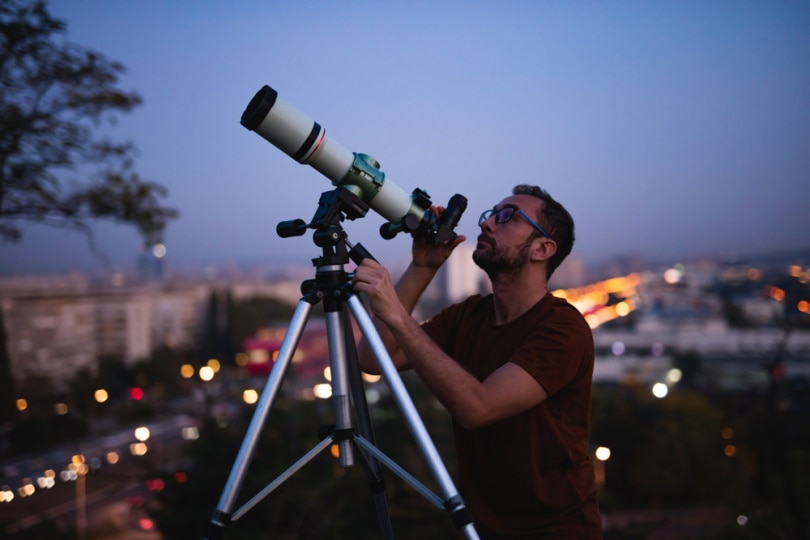How Many Stars Are in the Universe? The Interesting Answer
Last Updated on

Experts estimate that there are around 200 billion trillion or 200 sextillion stars in our universe.1 However, this number is just an estimation, and there is a lot of debate surrounding the term universe and how many stars are present in it.
To fully understand the debate about how many stars are in our universe, scroll down. This article takes a close look at what astronomers and scientists consider when answering this question and how they offer estimations.

Defining the Term “Universe”
Before we dive into explaining how many stars are in the universe, let’s first talk about the term “universe.” Although this term may seem simple, it is one that causes a lot of debate among scientists and astronomers.
The big issue related to defining this term is that scientists have no idea how big the universe is. Experts debate whether the universe is infinitely large or if it has a contained space. Although the observable universe can go back in time around 13.8 billion years, there may be more than what we can see.
Not to mention, some astronomers believe that there may be multiverses. In other words, there are other universes alongside ours.
Because the size and nature of the universe are unknown, it’s impossible to give an exact answer to how many stars are in the universe. After all, if we don’t know how large the universe is, there may be millions and billions of stars we are missing.
How Many Stars Are in the Universe: An Estimation

With that debate about the universe out of the way, experts can estimate how many stars are in the observable universe. In this case, experts believe that there are about 200 billion trillion stars. That is 2 followed by 23 zeros or 200,000,000,000,000,000,000,000.
How Many Stars Are in the Milky Way?
In the Milky Way alone, there are an estimated 100 thousand million stars. Because the Milky Way is just one galaxy of many, this can give you a better perspective about how many stars possibly exist throughout the entire universe.
How Do Scientists Estimate Star Numbers?
Predicting how many stars are in our universe is like counting the number of grains of sand on the seashore. It’s impossible and incredibly tedious.
The process begins by predicting how many stars are in our galaxy. Experts make this prediction based on telescopes and direct findings. As described above, the Milky Way has about 100 thousand million stars. From there, experts predict how many galaxies are present in the universe. Currently, experts believe that there are thousands of galaxies.
Finally, scientists put these two numbers together to make their final prediction. To think about it another way, they multiply the number of predicted stars in our galaxy by the number of galaxies they believe are present in the universe.


Conclusion
Based on the current records, evidence, and proof that we have, experts believe that there are 200 sextillion stars in our universe. Remember: this number is just an estimate since there’s a lot of debate about how large our universe really is. The bigger the universe is, the more stars are present.
It will be interesting to see how our idea of the universe changes in the future, which will then change this estimation.
Featured Image Credit: Luke Barky, Pexels
About the Author Robert Sparks
Robert’s obsession with all things optical started early in life, when his optician father would bring home prototypes for Robert to play with. Nowadays, Robert is dedicated to helping others find the right optics for their needs. His hobbies include astronomy, astrophysics, and model building. Originally from Newark, NJ, he resides in Santa Fe, New Mexico, where the nighttime skies are filled with glittering stars.
Related Articles:
Can You Use Binoculars to Look At Stars? How to Choose the Right Pair
15 Crucial Facts About Ultraviolet Rays & the Sun
What Constellation Is Spica In? The Interesting Answer!
10 Interesting Leo Constellation Facts, Myths, and FAQs
15 Interesting Pegasus Constellation Facts, Myths, and FAQs
6 Interesting Sagittarius Constellation Facts, Myths, and FAQs in 2024!
What Are Constellations? Where Did They Come From?
8 Interesting Libra Constellation Facts, Myths, and FAQs
